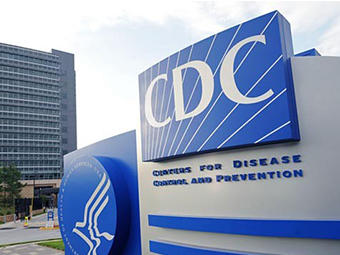
Caption
Georgia has one of the highest rates of maternal mortality in the United States. CDC data shows that about 17 women died of pregnancy-related causes for every 100,000 live births in 2016.

Georgia has one of the highest rates of maternal mortality in the United States. CDC data shows that about 17 women died of pregnancy-related causes for every 100,000 live births in 2016.
Rates of maternal mortality in the U.S. have soared, especially during the COVID-19 pandemic. As Mother's Day nears, experts remember the women who died from complications due to pregnancy and childbirth.
Maternal mortality is defined by the Center for Disease Control and Prevention as death during pregnancy or within the 42 days following pregnancy due to a condition aggravated by or caused by pregnancy.
Georgia has one of the highest rates of maternal mortality in the United States.
The CDC estimates that Georgia's maternal mortality rate was around 34 deaths per 100,000 live births between 2018 and 2021, the year with the most recent data.
A Georgia State University study in 2021 found that that number to be even higher, with 46 maternal deaths per 100,000 live births. Black women faced the highest rates of maternal mortality in Georgia, with over 66 deaths for every 100,000 births.
Nationwide, pregnancy-related deaths spiked in 2021, and the U.S. has higher maternal mortality rates than most other developed countries.
CDC mortality statistician Bob Anderson said COVID-19 may be a factor in the higher rates. Maternal mortality is higher in Black women than any other racial group, and they were highly affected by the 2021 spike as well.
"For non-Hispanic Black women, the risk is much, much higher than it is for the white and Hispanic populations in terms of how the pandemic impacted," Anderson said. "All groups were impacted, it appears to be, during the pandemic. The rates rose across the board, probably a little more for the non-Hispanic Black women than for the other groups."
He also said that maternal mortality rates are higher for older mothers in general, and especially during the 2021 spike.
"The increases during the pandemic were quite a lot more substantial for the 40 and over group than it was for the younger ones," he said.
The CDC's work with maternal mortality hits especially close to home for many Atlantans.
Amy St. Pierre, the woman who died in a shooting at a Midtown Atlanta medical facility on May 3, was a CDC employee who worked in the division of reproductive health.
St. Pierre studied maternal mortality rate data, which can provide information to help doctors and hospitals prevent pregnancy-related deaths.